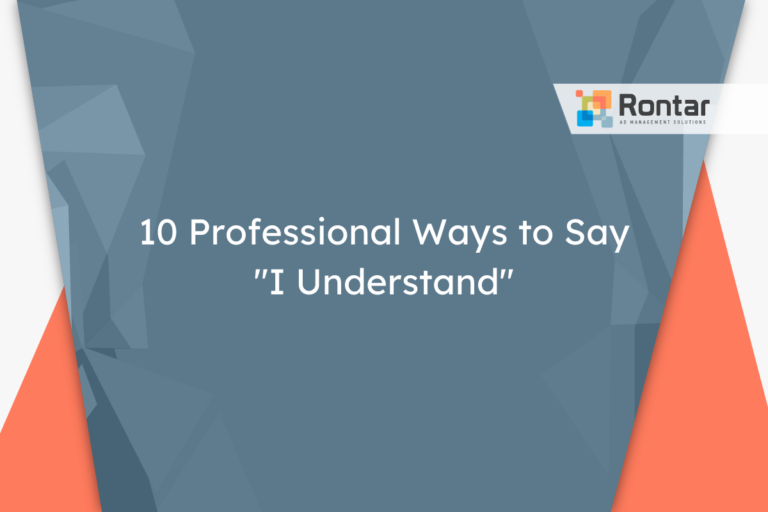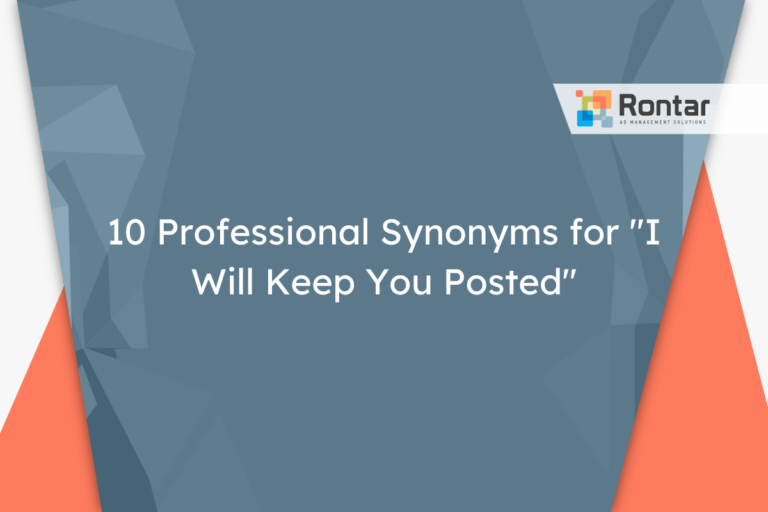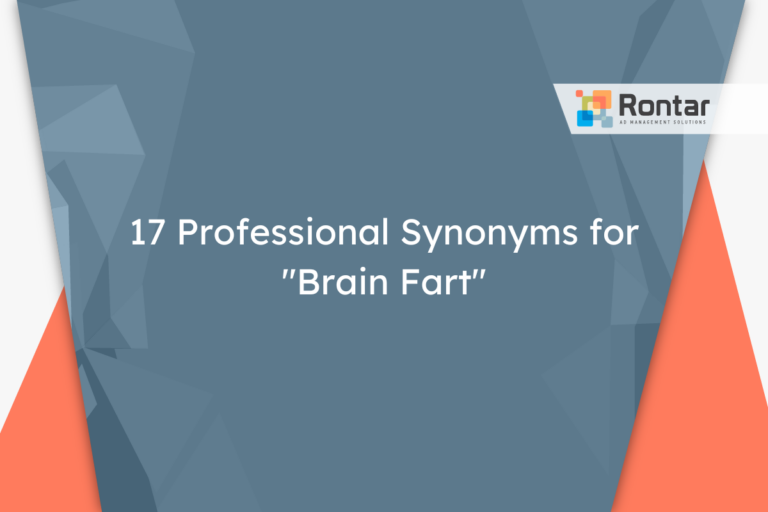10 Professional Synonyms for “I’m Glad to Hear That”

The way we express satisfaction or positive acknowledgment plays a crucial role in maintaining effective communication. Finding the right words to convey our reactions without sounding repetitive or insincere can sometimes be challenging.
This article explores 10 professional alternatives to the commonly used phrase “I’m glad to hear that,” providing insights into when and how each can be effectively utilized in various professional settings.
Is It Professional to Say “I’m Glad to Hear That”?
The phrase “I’m glad to hear that” is perceived as professional, formal or semi-formal, and polite. Its appropriateness largely hinges on the context in which it’s used and the tone of the ongoing conversation. Generally, this expression is suitable in scenarios where an individual conveys positive news or updates, and you wish to respond in a manner that acknowledges and expresses satisfaction or relief towards the information shared.
The appropriateness of using “I’m glad to hear that” extends to various professional settings, including meetings, email correspondence, and when receiving positive feedback or outcomes. It’s a versatile expression that helps to reinforce positive communication pathways and show empathy or understanding.
Here’s an example of its use in an email:
Dear Gregory, Thank you for providing the updated project timeline. I'm glad to hear that we are back on track and can expect to meet our upcoming deadline without further delays. Please keep me posted on any new developments. Best regards, Emily
Pros:
- Communicates positivity and satisfaction.
- Enhances the professional and polite tone of the conversation.
- Appropriate for various settings, solidifying rapport between parties.
Cons:
- Can be perceived as overly formal in casual or informal settings.
- Lacks specificity, which might require additional clarification or details in some contexts.
- May appear as a standard or generic response, potentially missing the opportunity to personalize the reply.
While “I’m glad to hear that” is a widely accepted and professional expression, there are instances where someone might seek alternatives that are better suited to the context or convey a more specific sentiment. Seeking synonyms or alternative phrases allows for a more tailored response, which can significantly enhance the effectiveness of the communication. It enables the speaker or writer to adjust their language to better reflect their personality or the unique dynamics of the professional relationship. Using alternatives also helps in avoiding repetition, especially when interacting with the same individual across multiple occasions, thereby keeping the conversation engaging and showing attentiveness to detail.
10 Other Ways to Say “I’m Glad to Hear That”
- It’s reassuring to know.
- That’s excellent news.
- I’m delighted to learn this.
- This is very encouraging.
- I’m pleased with this development.
- That brings relief.
- Great to hear!
- This is positive news.
- Your progress is impressive.
- Wonderful to learn!
1. It’s reassuring to know
Compared to “I’m glad to hear that”, “It’s reassuring to know” adds a layer of comfort, suggesting that the information has provided a sense of security or confidence. This alternative is particularly suited to professional settings where assurance or confirmation is required. It is formal, professional, and polite, positioning it well for email correspondences that aim to comfort or reassure the recipient. It might be better suited when responding to updates that alleviate concerns or when an outcome is as expected.
Dear Claudio, Thank you for updating me on the status of the security upgrades. It's reassuring to know that all systems will be fully operational ahead of the audit. Best regards, Miranda
2. That’s excellent news
“That’s excellent news” is a more enthusiastic response than “I’m glad to hear that”, making it a perfect synonym when you want to convey genuine excitement or approval. This alternative is still professional and polite, but it carries a more informal tone, making it ideal for less formal email exchanges or when you have a closer relationship with the recipient. We recommend using it when the news affects both parties positively or when congratulating someone on a personal achievement.
Dear Ethan, Congratulations on completing the project under budget. That's excellent news for our department and a testament to your hard work. Warm regards, Sophia
3. I’m delighted to learn this
This phrase is a bit more formal than “I’m glad to hear that”, offering a sense of personal investment and joy. It’s especially professional and best used in situations where the information shared is directly beneficial or pleasantly surprising. “I’m delighted to learn this” conveys a higher degree of satisfaction and is particularly polite, making it a great choice for acknowledging team achievements or expressing gratitude for efforts made. We recommend it for communications where you want to emphasize the value of the information received.
Dear Linda, I received your report on the recent market analysis. I'm delighted to learn this and appreciate your thorough research. Sincerely, Derek
4. This is very encouraging
This alternative is especially fitting in contexts where progress or a positive change is being discussed. It’s a professional, formal, and polite way to acknowledge improvement or steps in the right direction. “This is very encouraging” suggests that the information has boosted the speaker’s confidence or optimism regarding a situation. Suitable for workplace updates or when providing positive feedback, this phrase implies forward momentum and is an excellent choice for motivating colleagues or subordinates.
Dear Jasmine, Thank you for the update on the client feedback. This is very encouraging and speaks volumes about our team's effort. Kind regards, Robert
5. I’m pleased with this development
This phrase places emphasis on satisfaction derived from a specific change or update. It is a synonym that carries both professionalism and a formal tone, veiling personal satisfaction in a more generic expression. It remains polite and is particularly useful in scenarios involving negotiations, project phases, or strategic directions that have turned out favorably. This alternative is best used when looking to formally acknowledge progress while maintaining a business-like demeanor.
Dear Oliver, After reviewing the preliminary results, I'm pleased with this development and confident in our strategy moving forward. Best, Fiona
6. That brings relief
“That brings relief” suggests a release from worry or tension, making it a somewhat more informal synonym than “I’m glad to hear that” but still professional and polite in the right context. This phrase is ideally suited for situations where there were concerns or uncertainties involved, and the outcome alleviated those worries. It’s a slightly more personal response and would be particularly effective in correspondence where building empathy or expressing shared relief is the goal.
Dear Marco, Following your successful negotiations with the suppliers, that brings relief to our entire team considering the tight deadlines. Regards, Helena
7. Great to hear!
Among the alternatives, “Great to hear!” is arguably the most informal. However, it still upholds professionalism and politeness when used in appropriate settings. This phrase communicates a more casual enthusiasm and is best when the professional relationship allows for less formality. It’s an excellent choice for lighter messages, quick email replies, or when you wish to express joy in a more relaxed tone. This synonym is recommended for congenial workplace interactions where brevity and warmth are valued.
Dear Kyle, Your team's project presentation was a success. Great to hear! Let's discuss the next steps tomorrow morning. Cheers, Natalie
8. This is positive news
“This is positive news” is a neutral, professional way to express satisfaction, emphasizing the constructive aspect of the information received. Suited for formal and polite communications, this alternative is ideal when the speaker wishes to remain detached yet acknowledge the favorable nature of the news. It’s particularly effective in written form, such as emails or formal letters, where maintaining a professional demeanor is paramount. This phrase is a good choice when acknowledging milestones or achievements without overstatement.
Dear Alice, The board reviewed your project proposal, and this is positive news for all involved. We look forward to your next steps. Best wishes, George
9. Your progress is impressive
This alternative shifts the focus slightly, from satisfaction about the news itself to admiration for the person’s efforts or achievements. It’s a polite, professional, and somewhat formal way to congratulate or motivate, making it especially suitable for mentorship or leadership contexts. This phrase effectively personalizes the response, adding a layer of appreciation for individual or team contribution. It can serve as a powerful motivator and is recommended for use in performance feedback or congratulatory messages.
Dear Tina, Seeing the latest sales figures, your progress is impressive. Keep up the great work! Sincerely, Victor
10. Wonderful to learn!
“Wonderful to learn!” exudes a bright, enthusiastic tone, slightly more informal than the original phrase but still entirely professional and polite. This synonym works well in messages where an upbeat response is fitting, such as reacting to personal achievements or the successful completion of projects. It’s a superb choice for fostering a positive work environment and reinforcing achievements. This alternative is recommended for emails celebrating success, offering encouragement, or when congratulating someone on their efforts.
Dear Ben, Your initiative in starting the community outreach program is wonderful to learn! We're all excited to see the impact. All the best, Emily
Final Thoughts
The alternatives to “I’m glad to hear that” presented in this article offer a spectrum of options catering to various degrees of formality, making it easier to match your language to the context of your conversation. By diversifying your expressions of satisfaction or happiness, you can enhance the perceived warmth and professionalism of your interactions.
Whether it’s through an email, a meeting, or casual office banter, employing these nuanced phrases allows your messages to resonate more profoundly with your colleagues.






